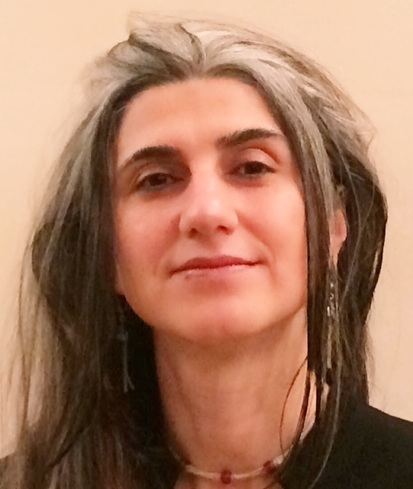In post-referendum Britain, the policy of charging overseas visitors upfront further alienates healthcare staff in the NHS
 As a European GP of Middle Eastern background working in post-referendum Britain, the political is very personal to me. This includes the new policy from the Department of Health (DoH) on upfront charges to “overseas visitors” using the NHS. As of 23 October this year, all patients attending hospitals for non-urgent care can be charged upfront unless they can show ID to prove they’re entitled to receive treatment.
As a European GP of Middle Eastern background working in post-referendum Britain, the political is very personal to me. This includes the new policy from the Department of Health (DoH) on upfront charges to “overseas visitors” using the NHS. As of 23 October this year, all patients attending hospitals for non-urgent care can be charged upfront unless they can show ID to prove they’re entitled to receive treatment.
Who is entitled to free health services and why have been hotly debated in the wake of this announcement. Some claim that the mere fact of being human entitles a person to access healthcare as a fundamental right. Others stress the risk to collective health and the financial cost of implementing this policy. Lastly, some argue that health is a public good the state is obliged to guarantee to its citizens. However, opinions diverge on what constitutes “membership” of a state.
These are all worthy arguments, but what I want to focus on is how the DoH’s approach carries some hidden costs that many health professionals intuitively know but dismiss as negligible, irrelevant, or even “mushy.” Two of these costs that the NHS might be sooner or later presented with are the demoralisation or loss of its staff, and the deterioration of the doctor-patient relationship as two incompatible cultures clash: that of medicine based on trust and respect, and that of medicine as a proxy for the Home Office—informed by suspicion and scrutiny.
Having worked as an EU doctor in the UK for almost 15 years, I have always had a strong sense of ownership of the NHS. To my surprise, something drastically changed after the referendum on Britain’s membership of the EU in June 2016. I don’t know whether it was the shock of the vote, or worry about my future, or the fact that—for the first time in all my years here—I was subjected to shouts of “F*** off foreigner” in my own neighbourhood.
Yet according to a survey undertaken by the BMA, I am not the only EU doctor struggling to maintain the level of commitment to the NHS that I once had. This disappointment is only reinforced by policies that are hostile to migrants, and which further alienate a not inconsiderable proportion of health professionals. These policies render you a second class doctor, and many of your patients second class citizens.
No amount of “You can stay,” “You we keep,” or “You are safe”—not even a letter from Theresa May—is enough to protect me and my patients from racial profiling and the everyday microaggressions that these policies encourage. At the end of the day, outside of my GP surgery, I am just another migrant. I don’t look any different to many other migrants, nor do I sound different. No one who is subject to the demands of working in the NHS would want to feel welcomed when serving, but then scrutinised when they become a patient themselves in the same service.
Infecting the NHS with immigration policies clashes with the standards of care that the General Medical Council holds us to, and on the basis of which we are appraised and revalidated. Three out of the four domains of the GMC’s Good Medical Practice discuss the patient-doctor relationship, and the quality that is most stressed is trust.
A large proportion of a doctor’s work revolves around establishing and maintaining a trusting relationship with patients. This is not a luxury that we can cut down on; it is the glue that holds medicine together. Drawing attention to trust as the building block of medicine is not a soft argument, as opposed to the hard, practical arguments that are framed in economic and legal terms. Trust is an essential tool of the medical profession. It is the trust that a vulnerable person places in my intent, actions, and agenda. Without that, there is no history taking or examining. Trust is a diagnosing and healing tool. If a policy is putting this at risk, then it is only sensible to demand solid justification and evidence as to why it’s being rolled out at all.
There are two simple questions to be asked of any health policy: what it aims to achieve and on what basis is the intervention proposed? The 0.3% deficit in the NHS budget that is attributed to “health tourism” is too small to justify marginalising and discriminatory policies, which have been inadequately researched; are disproportionate in their reach; and, if not downright counterproductive, are nevertheless uncertain in their impact.
As health professionals we should be mindful of how a policy like this reshapes the NHS in the long run. We need to protect our discipline from being hijacked by those who aim to hide their own dubious agenda under the respected mask of medicine.
Roghieh Dehghan is a part time GP in north London and an NIHR in-practice fellow at the Institute for Global Health at UCL. She does research on the mental health of traumatised refugees in the UK.
Competing interests: None declared.
